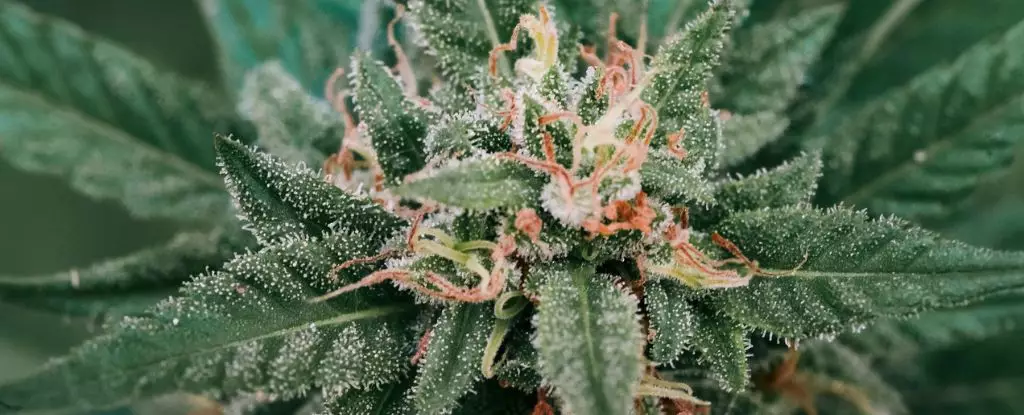The popular belief that CBD can counteract the negative effects of THC may not be as accurate as once thought. THC, the intoxicating component of cannabis, and CBD, the non-intoxicating component, are often viewed as balancing each other out. However, recent research has shown a different side to their interaction. A new double-blinded clinical trial has revealed that high doses of CBD can actually enhance the intoxicating effects of THC, rather than diminish them.
The Clinical Trial Findings
In the study, participants who consumed 9 milligrams of THC and 450 milligrams of CBD reported feeling significantly more ‘high’ in both body and mind compared to those who took THC alone. This was accompanied by elevated concentrations of THC and its psychoactive metabolites in their blood. The researchers speculate that the high dose of CBD may hinder the metabolism of THC in the body, leading to an exacerbation of its psychoactive effects. Even at lower CBD doses of 30 milligrams, the interaction between CBD and THC was still apparent, but did not have a significant impact on subjective feelings of intoxication.
The clinical trial involved healthy male and female volunteers aged between 18 and 45, all of whom had prior experience with cannabis but had refrained from using it for at least three weeks prior to the experiment. Each participant visited the clinic on five separate occasions to ingest either a placebo, pure THC, or a combination of THC and CBD. Both the participants and the researchers were unaware of which substance was being administered on each occasion.
Interestingly, the study found that lower doses of CBD did not influence the intoxicating effects of THC, but the highest dose of CBD significantly affected most of the psychoactive measures examined. The researchers concluded that a “drug-drug interaction with CBD as the perpetrator drug and THC as the victim drug appears the most likely explanation for the pharmacokinetic findings of this study.” Moreover, the level of CBD did not have any bearing on participants’ subjective ratings of pain, suggesting that CBD may not provide substantial relief for chronic pain on its own.
While this trial sheds light on the complicated relationship between THC and CBD, it is important to note that the study was limited to oral ingestion of the two compounds. Inhalation studies have yet to provide conclusive evidence that CBD can mitigate the effects of THC. Neuropharmacologist Geert Groeneveld emphasized the need for further research, stating that trials using very high doses of pure CBD are ongoing at the Center for Human Drug Research. As cannabis remains the most commonly used recreational drug in the United States, understanding the impact of its main compounds on the human body is imperative for informed decision-making.
The long-held belief that CBD can counteract the effects of THC may not be as straightforward as it seems. The intricate interactions between these two compounds warrant further investigation to fully comprehend their impact on human health and well-being.


Leave a Reply